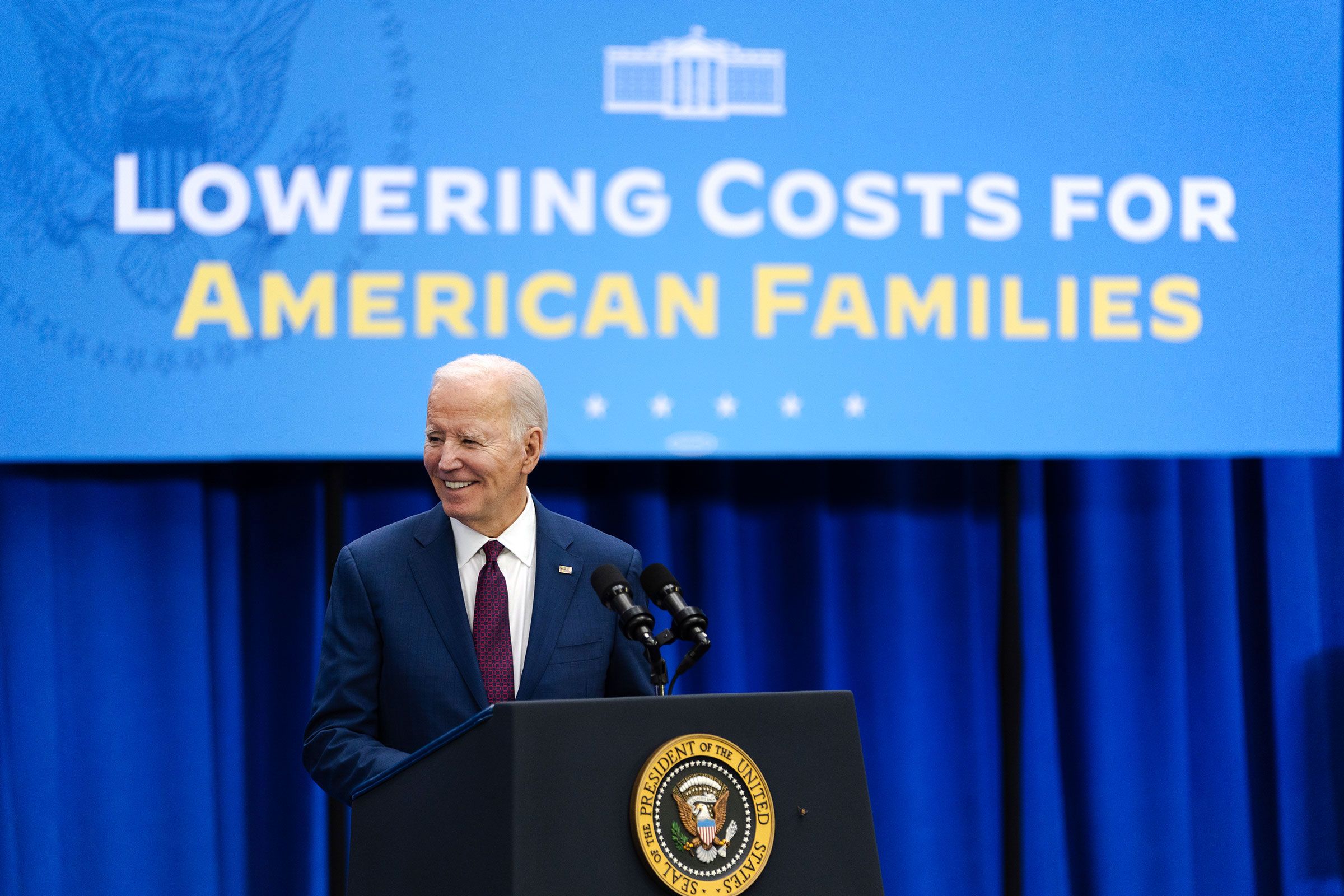President Joe Biden is on a mission this week, visiting key battleground states and framing his debate against former President Donald Trump around economic populism – a strategy that has often proven successful for Democrats. However, Trump, the likely Republican presidential nominee, may not be as easy a target for these arguments as previous GOP candidates.
Biden is positioning himself as a champion for average Americans, standing against powerful interests and the wealthy. However, polls indicate that a significant number of Americans, including substantial numbers of Black and Hispanic voters, believe they personally benefited more from Trump’s policies than Biden’s. This sentiment could potentially undermine Biden’s populist arguments, as voters may not be as concerned about policies favoring the rich and corporations if they feel they also benefited more under Trump than under Biden.
Biden’s Populist Case Against Trump
Biden has a wealth of material to build a traditional populist case against Trump. Trump’s main legislative achievement was a massive tax cut that primarily benefited corporations and the affluent. He also came close to repealing the Affordable Care Act, which has significantly increased healthcare coverage for lower-income working Americans. Furthermore, despite promising to seek legislative authority for Medicare to negotiate lower prescription drug prices, Trump abandoned this pledge under pressure from the pharmaceutical industry. His administration consistently sided with business interests on a wide range of regulatory issues, from the environment to consumer protection.
Biden’s Different Course
Contrastingly, Biden has charted a very different path. He secured legislative authority for Medicare to negotiate lower drug prices for seniors and has already begun negotiating lower prices for the first 10 drugs under this program. He also capped seniors’ monthly insulin costs at $35 and their annual out-of-pocket expenses for all drugs at $2,000. His administration has enforced antitrust laws more aggressively than any in recent times and pursued a multi-pronged regulatory offensive against what he calls junk fees.
Biden’s Economic Populism in Action
Biden’s State of the Union address last week and the new federal budget released on Monday further emphasize his economic populism. He is proposing to raise the corporate tax rate, impose a 25% minimum tax on billionaires, and end the Trump tax cuts for families earning over $400,000 per year. He also wants to restore the expanded children’s tax credit, establish a nationwide paid family leave program, and subsidize families’ childcare expenses, among other things.
Biden’s Economic Challenges
However, Biden’s task of winning a conventional populist argument against Trump is complicated by inflation and its impact on the ability of working families to meet their bills. While wages have been rising faster than prices since spring 2023, the cumulative increase in pay has not yet surpassed the cumulative increase in prices during Biden’s presidency, leaving many workers feeling squeezed.
The Battle Ahead
These negative assessments of the Biden and Trump economic records present significant challenges for the president. His campaign, and Democrats more broadly, hope to overcome them primarily by stressing their prospective priorities for a second term. However, to win in November, Biden needs positive trends on the economy to persist and to convince enough voters that his agenda will do more than Trump’s to help them make ends meet in the future.

